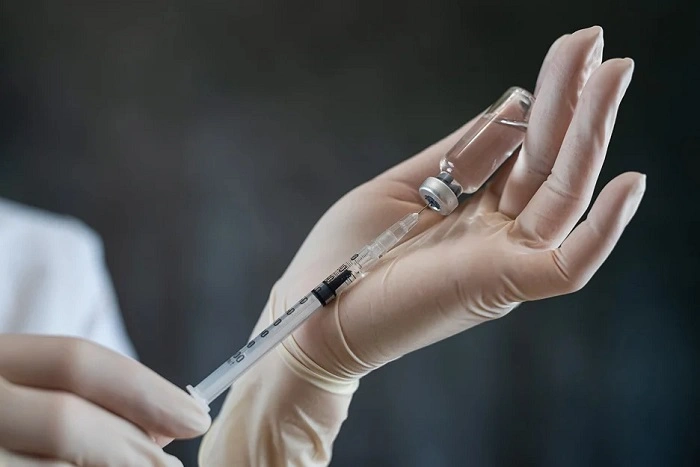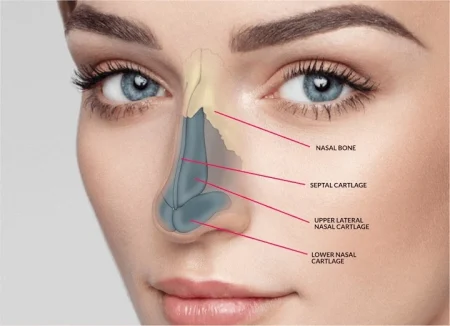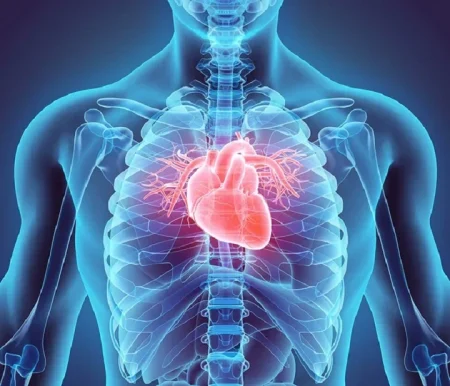When people hear about HCG (Human Chorionic Gonadotropin), they often associate it with fertility treatments in women. However, HCG dosage for men plays a crucial role in addressing a range of health issues—from testosterone maintenance to fertility and bodybuilding support. Whether prescribed for hormone replacement therapy (HRT), to combat low testosterone (Low T), or to preserve testicular function during anabolic steroid use, understanding proper HCG dosing is essential.
In this guide, we explore the correct dosage of HCG for men, why it’s used, and how to administer it safely for optimal results.
What Is HCG and Why Do Men Use It?
Overview of HCG
HCG is a hormone produced during pregnancy that mimics the luteinizing hormone (LH) in the body. In men, LH stimulates the Leydig cells in the testes to produce testosterone.
Uses of HCG in Men
- Low Testosterone Treatment: HCG boosts the body’s own testosterone production.
- Fertility Support: HCG stimulates sperm production, aiding men facing infertility.
- Post-Cycle Therapy (PCT): In bodybuilding, HCG is used after anabolic steroid cycles to restore natural testosterone levels.
- Testicular Atrophy Prevention: It prevents the shrinking of testicles during testosterone replacement therapy.
Recommended HCG Dosage for Men

For Low Testosterone (TRT Support)
When used alongside testosterone replacement therapy, HCG helps maintain testicular function.
Common dosage:
- 250 IU to 500 IU two to three times a week
This dosing keeps the testes active and helps prevent shrinkage or reduced sperm production.
For Fertility Treatment
In cases of hypogonadism or infertility, HCG is often used alone or in combination with FSH (Follicle Stimulating Hormone).
Typical fertility dosage:
- 1,000 IU to 4,000 IU two to three times per week
- Duration: Several weeks to months
Physicians typically adjust this based on sperm count and hormonal levels.
For Post-Cycle Therapy (PCT)
After using anabolic steroids, HCG is used to restart natural testosterone production.
Typical PCT dosage:
- 500 IU to 2,000 IU every other day
- Duration: 2 to 3 weeks
It’s usually followed by Clomid or Nolvadex to fully restore hormonal balance.
For General Hormonal Balance
Men using HCG for general well-being and hormonal regulation often take:
- 250 IU to 500 IU twice weekly
This low dose is considered safe for long-term use and minimizes side effects.
How to Administer HCG
Injection Method
HCG is typically injected either subcutaneously (under the skin) or intramuscularly (into a muscle).
- Use a 27–31 gauge insulin syringe
- Preferred sites: abdomen (subcutaneous) or gluteus/thigh (intramuscular)
It’s important to rotate injection sites to avoid irritation or tissue damage.
Storage and Preparation
- Store HCG in the refrigerator after mixing
- Use within 30–60 days depending on brand and preservative
- Mix only as per doctor or pharmacy guidelines
Always maintain sterile technique during preparation and administration.
Benefits of HCG for Men
1. Maintains Natural Testosterone Production
HCG stimulates the testes, allowing them to keep producing testosterone naturally even when on TRT.
2. Preserves Fertility
TRT alone can suppress sperm production, but HCG counteracts this effect by encouraging the testes to function normally.
3. Prevents Testicular Shrinkage
HCG supports testicular volume, which often reduces due to suppression from external testosterone.
4. Enhances Libido and Mood
Men on HCG often report increased libido, energy, and overall well-being, as natural testosterone levels are stabilized.
5. Improves Aesthetic Appearance
In bodybuilding, using HCG during or after cycles helps maintain muscle fullness and prevents hormonal crashes.
Potential Side Effects and How to Avoid Them

Common Side Effects
- Acne or oily skin
- Water retention
- Mood swings
- Breast tenderness (gynecomastia)
- Headaches
How to Minimize Side Effects
- Use lowest effective dose
- Combine with aromatase inhibitors if estrogen rises
- Regular blood work to monitor hormone levels
- Do not exceed recommended IU limits
Working with a qualified healthcare provider is essential for safe usage.
Who Should Avoid HCG?
HCG may not be suitable for:
- Men with prostate or testicular cancer
- Those with uncontrolled heart or kidney issues
- Individuals with hormone-sensitive conditions
Always consult a specialist before beginning HCG therapy.
Monitoring and Blood Work
Key Labs to Monitor
- Total and Free Testosterone
- Luteinizing Hormone (LH)
- Estradiol (E2)
- FSH
- Semen analysis (for fertility cases)
Regular monitoring ensures that dosages are adjusted for safety and effectiveness.
Natural Alternatives to HCG
Although HCG is effective, some men explore natural ways to boost LH and testosterone:
- Zinc and Vitamin D supplements
- Ashwagandha and other adaptogens
- Weight loss and resistance training
- High-protein, low-sugar diets
These may help mildly in low-testosterone cases but are not substitutes for HCG in clinical treatments.
FAQs
What is the safest HCG dosage for men?
For maintenance, 250–500 IU twice weekly is considered safe and effective. Higher doses should only be used under medical supervision.
Can HCG be taken without testosterone?
Yes, especially for men treating infertility or secondary hypogonadism, HCG alone can restore testosterone and sperm production.
How long does it take for HCG to work?
Many men notice effects within 2–3 weeks, including improved libido, energy, and testicular fullness. Fertility improvements may take several months.
Can I use HCG for bodybuilding?
Yes, but it should be done cautiously. Bodybuilders often use 500–2,000 IU during PCT to restart testosterone production after steroid cycles.
Does insurance cover HCG for men?
Some insurance plans cover HCG for clinically diagnosed hypogonadism or fertility treatment, but not for off-label or bodybuilding purposes.
When it comes to hormone balance, fertility, or post-steroid recovery, HCG dosage for men can be a game-changer. The key to success lies in using the correct dosage, monitoring hormone levels, and working with experienced healthcare providers. Whether you’re managing low testosterone, planning for fertility, or recovering from a cycle, HCG offers a medically supported solution with measurable benefits—when used responsibly.








